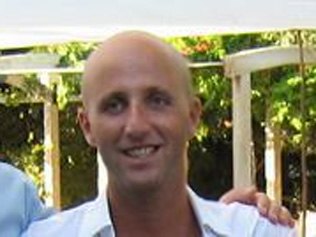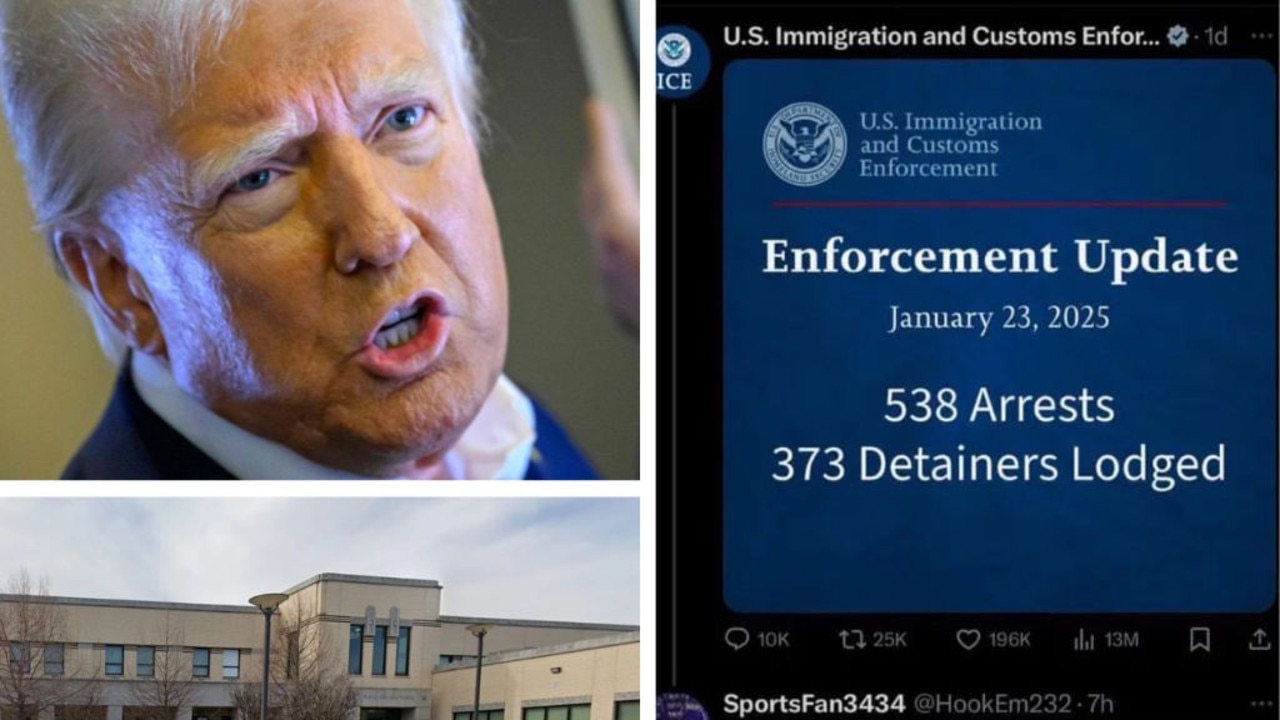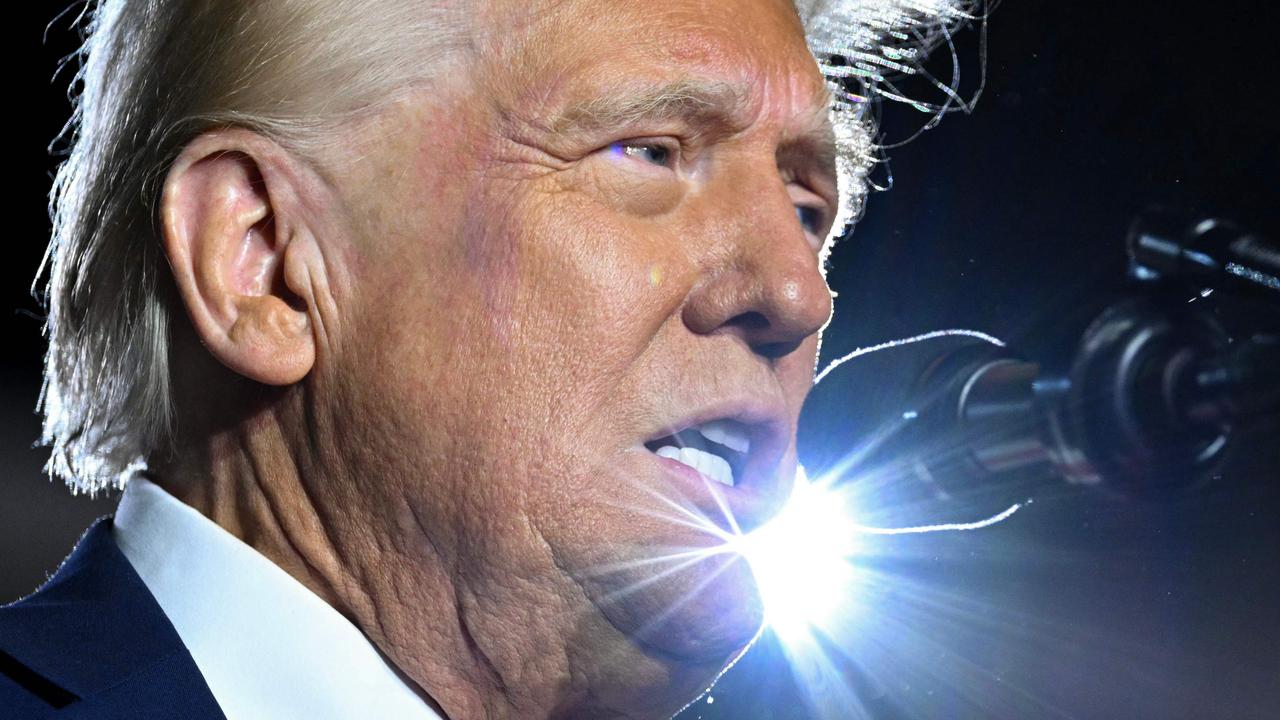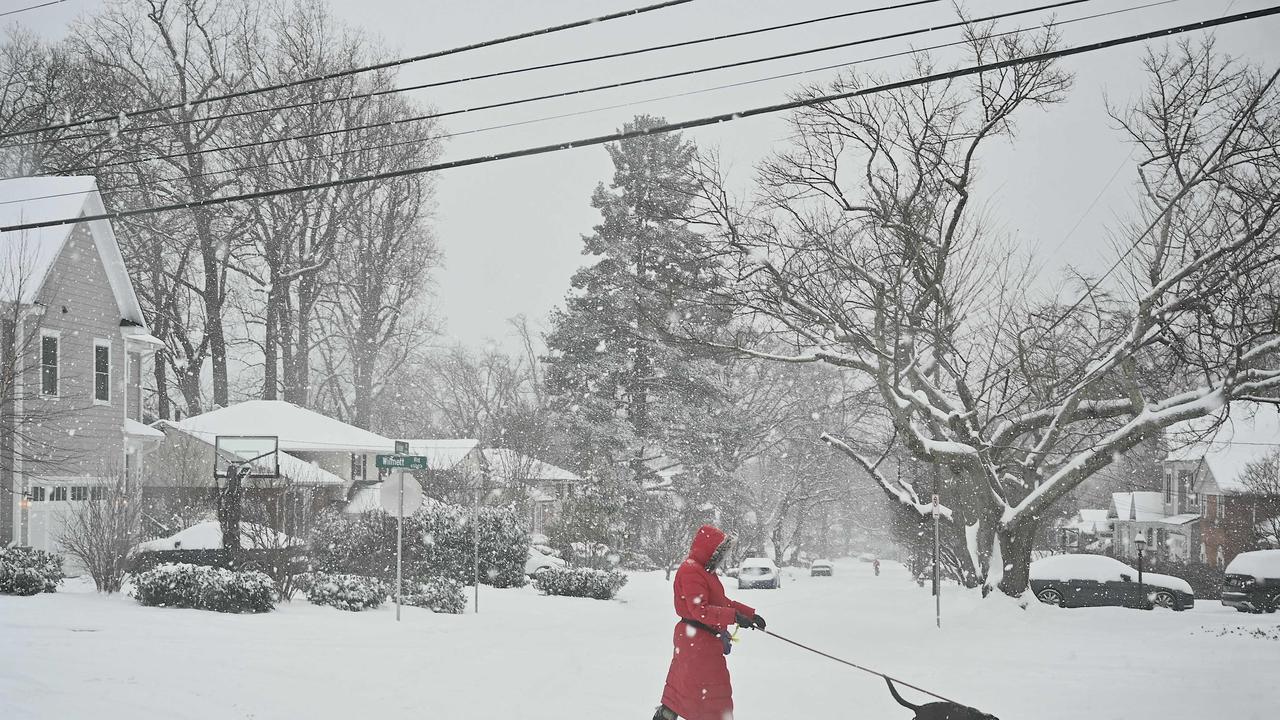Spy work must be secret, says Israeli PM Benjamin Netanyahu after Prisoner X scandal
ISRAELI Prime Minister Benjamin Netanyahu says his country's security forces should be allowed to work quietly without exposure of their activities.
EXPOSURE of intelligence activities can "badly damage" state security, Israel's Benjamin Netanyahu said, in his first remarks on the arrest and death of a jailed Australian-Israeli with Mossad links.
In remarks to his outgoing cabinet, the Israeli prime minister insisted that security forces be allowed to "quietly" get on with their jobs, in his first comments on the mysterious spy saga which has dominated headlines in Israel and Australia.
"Overexposure of security and intelligence activities can damage, and damage badly, state security and that is why in every debate we must not underestimate the security interest," he said in remarks quoted by his office.
"In the reality in which Israel lives, it must be a central interest," he said in a thinly veiled criticism of the media frenzy sparked by the exposure last week of the identity of Prisoner X - an Australian immigrant called Ben Zygier who worked for Israel's Mossad spy agency.
According to a story broken last Tuesday by the ABC, Zygier was found hanged in his cell in Ayalon prison near Tel Aviv in December 2010, in a case Israel went to extreme lengths to cover up.
Israel imposed a total media blackout on the case but was forced to ease the restrictions after the story made headlines across the world, rendering the local gag order ineffective.

Until now, Israel's government had said nothing on matter, although Deputy Prime Minister Moshe Yaalon on Saturday insisted that Israel abided fully by the law, even in the case of security prisoners.
"I ask everyone: let the security forces continue to work quietly in order that we can carry on living in peace and security in Israel," Mr Netanyahu said.
"We are an exemplary democratic state and safeguard the rights of those under investigation and the rights of the individual no less than any other state.
"But we are also facing greater threats and challenges and therefore we need to ensure that we protect the normal working of our security branches," he said, expressing "complete trust" in Israel's security forces and legal system.
Earlier, Australian Foreign Minister Bob Carr said his office was preparing a report looking at all communications between Australia and Israel, including between its security agencies.
"We have asked the Israeli government for a contribution to that report," Senator Carr told reporters. "We want to give them an opportunity to submit to us an explanation of how this tragic death came about."
Also at the weekend, a senior Israeli official claimed Australia's intelligence community was "deeply involved" in the case and had even interrogated Zygier on suspicion he was spying for the Jewish state.
In a separate development, Israel's justice ministry was yesterday mulling whether to allow publication of the inquest into Zygier's death which rendered a verdict of suicide, press reports said.
According to Maariv newspaper, parts of the report were likely to be published later this week after Attorney General Yehuda Weinstein decides, in conjunction with Mossad and the military censor, which parts are to be redacted for security reasons.
In parallel, senior legal officials are also examining whether there should be any negligence charges levelled over Zygier's death in a ruling expected in the coming weeks, the paper said.
"It was a failure. We failed to protect his life," a senior official in the Israel Prisons Service (IPS) told the paper.
He said the assumption was that Zygier had hanged himself with a shirt in the bathroom of his cell, the one area not monitored by security cameras.
Zygier, who immigrated to Israel in around 2001 and at some point joined Mossad, is understood to have been arrested in February 2010 on charges which remain subject to a tight gag order.
Ten months later, he was found hanged in his cell despite the fact that it was under 24-hour electronic surveillance, sparking a welter of criticism and conspiracy theories in both Israel and Australia.



